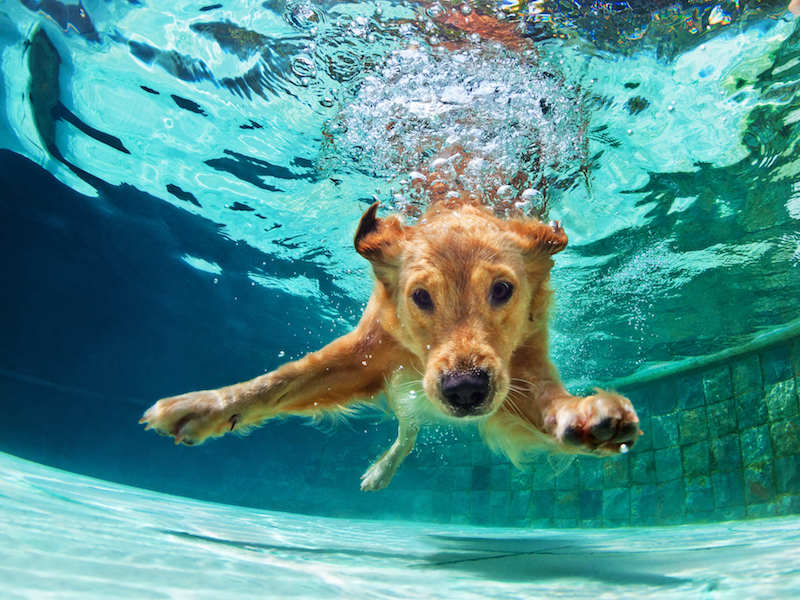
There are a lot of different things that can ruin the delicate that makes a hearing aid function the way it does, but not many have the impact of water. Hearing aids seem to self-destruct under severe moisture conditions. Taking that into consideration, humidity is a huge problem.
Moisture that you can’t see has the greatest chance of causing permanent damage. It’s time to understand more about why humidity is a bad thing for hearing aids.
Understanding Humidity
Even though the word humidity is very common, what does it really mean? PBS defines humidity as water molecules in the air. The relative humidity refers to the ratio of water molecules in the air compared to how many the air can actually hold. The higher the percentage, the wetter everything feels.
People are very sensitive to humidity because sweat is the most effective way to cool down the body. When humidity levels are too high our sweat won’t evaporate as fast. Electronics are also susceptible to humidity and that is why it has such a detrimental effect on hearing aids.
Why Hearing Aids Have an issue with Humid Weather
Too high or, too low, humidity can affect your hearing aids. When water vapor percentages are high condensation can accumulate on the intricate mechanisms that make electronics work, and low humidity can result in brittle core materials.
Hearing aids rely heavily on internal electronics to work. Newer digital hearing aids use a sophisticated audio processing chip to manage noise. It’s what is behind elegant features like:
- Noise reduction
- Anti-feedback
- Targeted listening programs
- Digital sound streaming
High humidity causes moisture to collect in the hearing aids destroying that chip. Batteries get ruined and you get corrosion of elements inside of the case. You might as well throw your hearing aid in a sink full of water, and the effect is the same.
Managing Humidity
If you are investing in hearing aids, look for products that are water-resistant. This feature will give you some protection against humidity and wet weather, but you still can’t go swimming with them in.
If you live in an area prone to high humidity, consider using a room or house dehumidifier to decrease water vapor inside. It’s not only your hearing aid that will benefit, there are health benefits, and other electronics in your house will also be protected. Dust mites, mildew, and mold thrive in moist environments so a dehumidifier will improve the quality of breathing as well. However, protecting your hearing aid more completely will require additional thinking. You will need to take other steps at the same time.
Look for the dehumidifier made for hearing aids. There is one out there for every budget. Silica gel crystals in a drying kit are used to protect electronics. Moisture is eliminated by putting the hearing aids into the dehumidifier for a couple of hours. There are also storage containers that dry hearing aids out each night as you sleep. If it is very humid and you have no other way, uncooked rice can reduce moisture.
Don’t forget to leave the battery door open when you store your device. By pulling that door open before you put the hearing aid down, you expose the batteries and other elements to the air, allowing any condensation built up to evaporate naturally. Do this all year round, not just in the summer months.
A cool dry place is the ideal for storage. On the table in the sun, in the glove compartment, or in a hot room are examples of where not to store your hearing aids.
Thinking Past Humidity
Damage can be caused by other types of wetness. Take precautions to protect them from other kinds of wet such as:
- Don’t touch your hearing aids with hands that are still moist from lotion.
- Find a safe place to store your hearing aids if headed for the pool or beach.
- Wear a sweatband when exercising. If you are wearing your hearing aid then it’s a good idea in general. Sweat in your ears can cause problems later.
- Try not to put your hearing aid down on wet surfaces. A glass or coffee cup can leave moisture behind.
Your hearing aids are a valuable asset, so treat them that way. Keep in mind how moisture can damage your hearing aids and make sure to prevent water from getting in them. If your hearing aid already has water damage make an appointment for service with a hearing aid specialist.